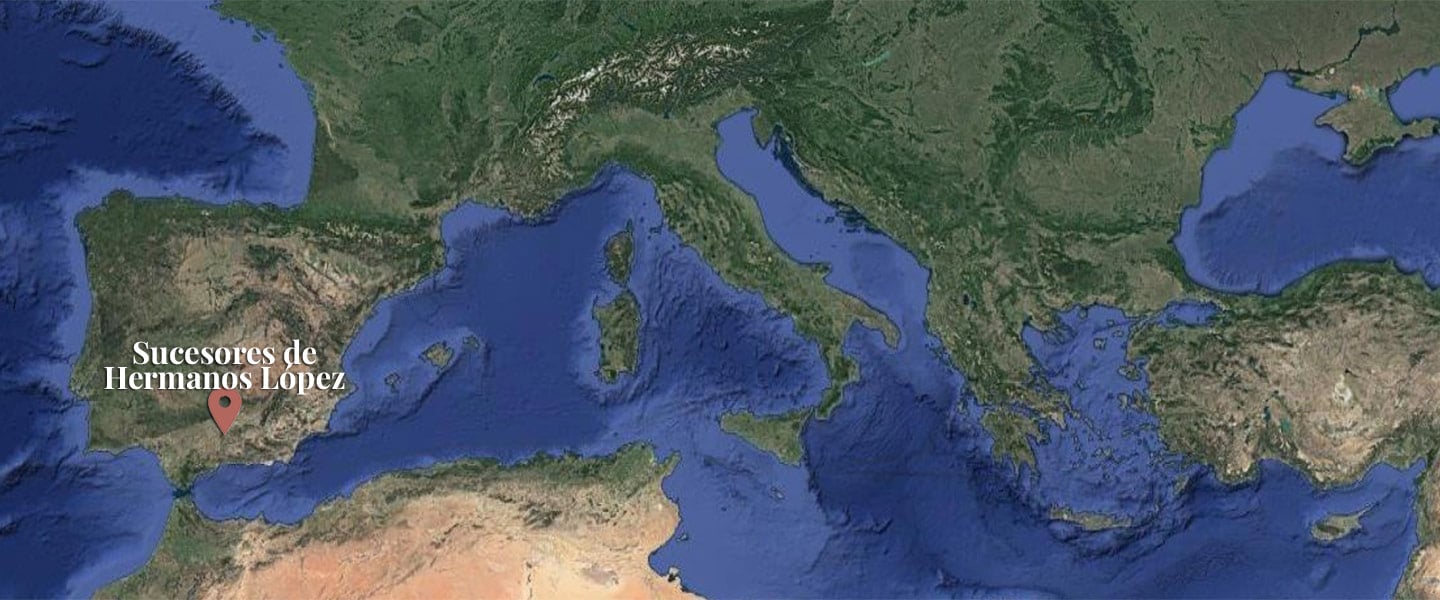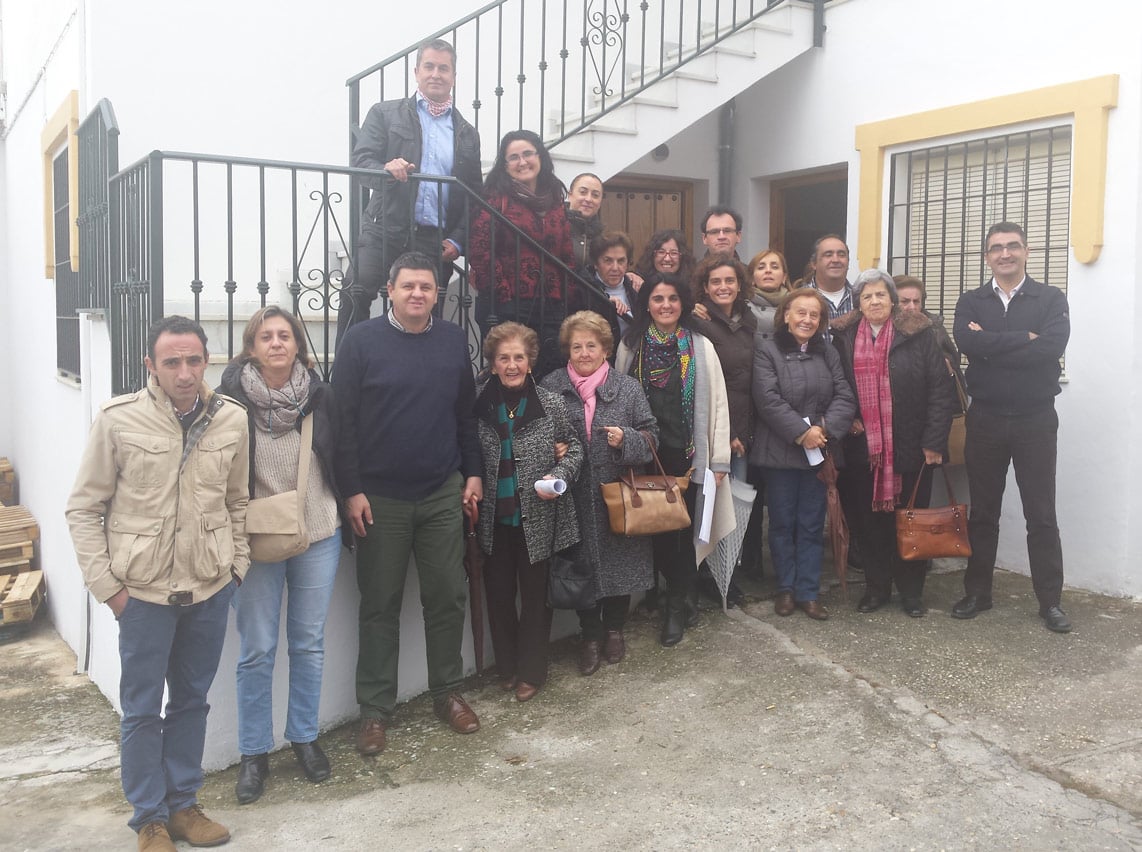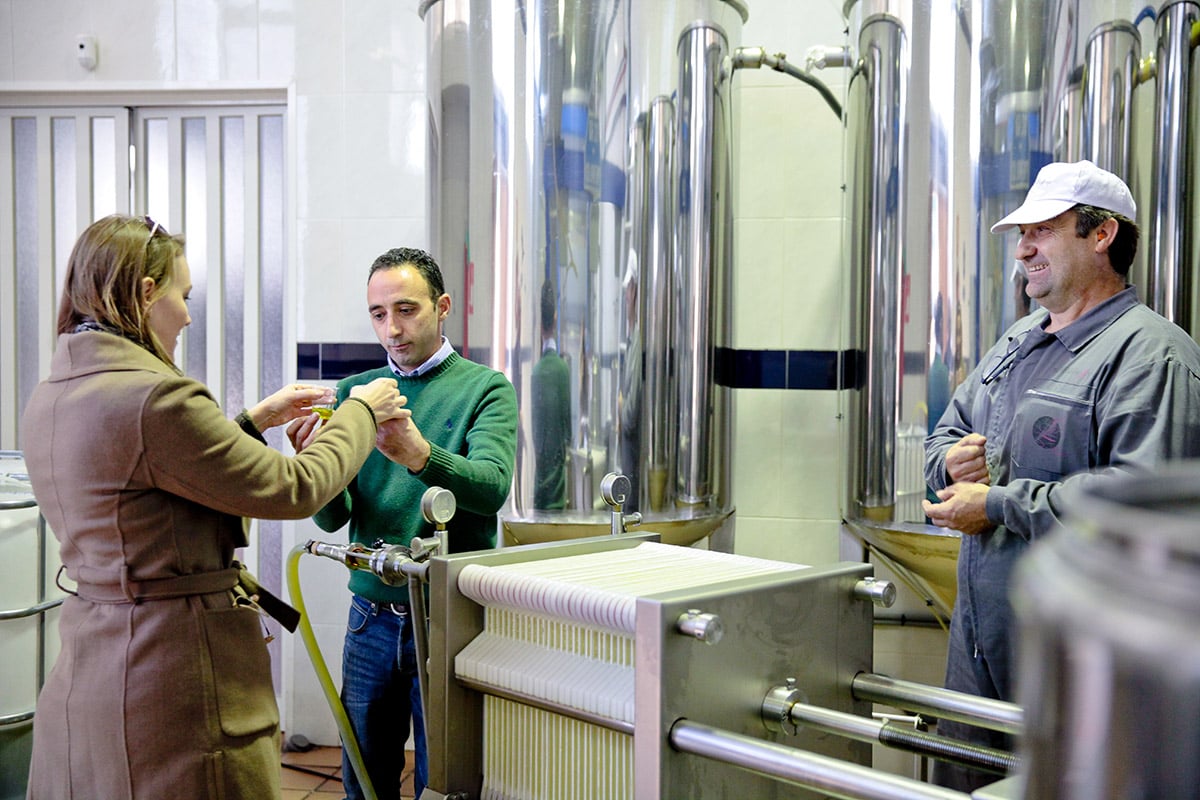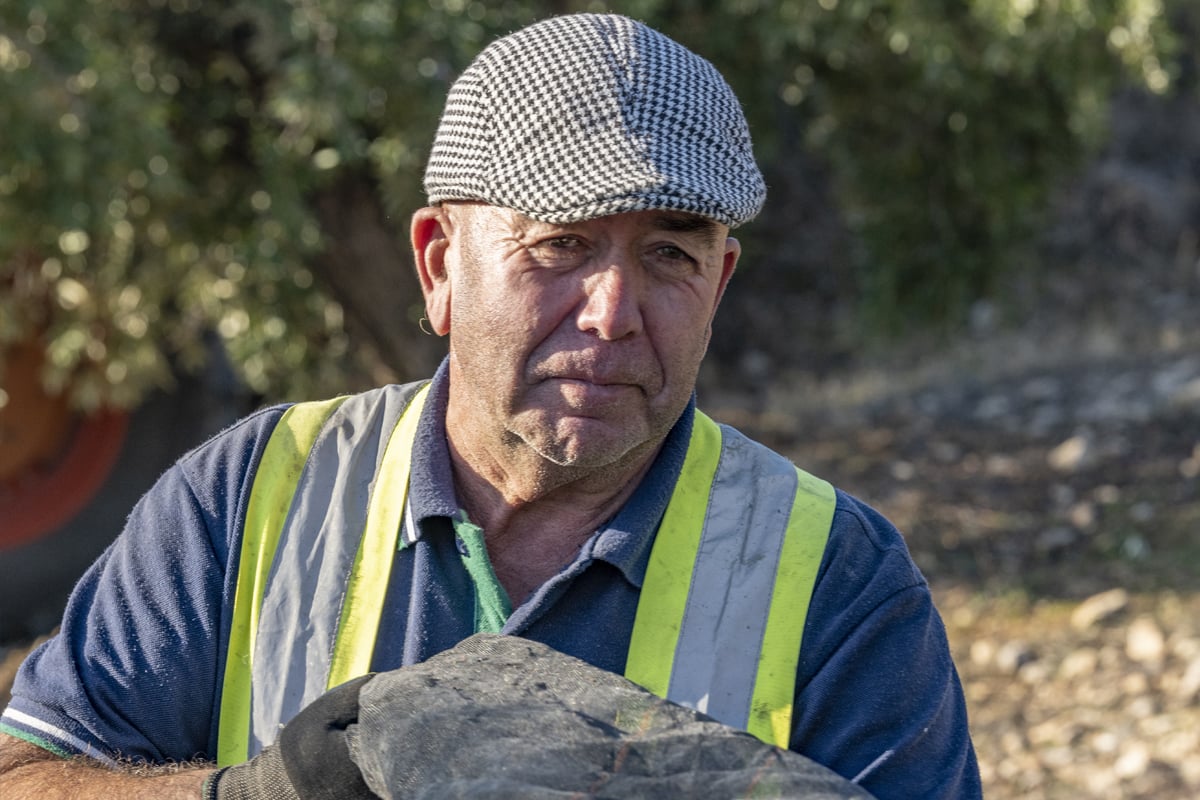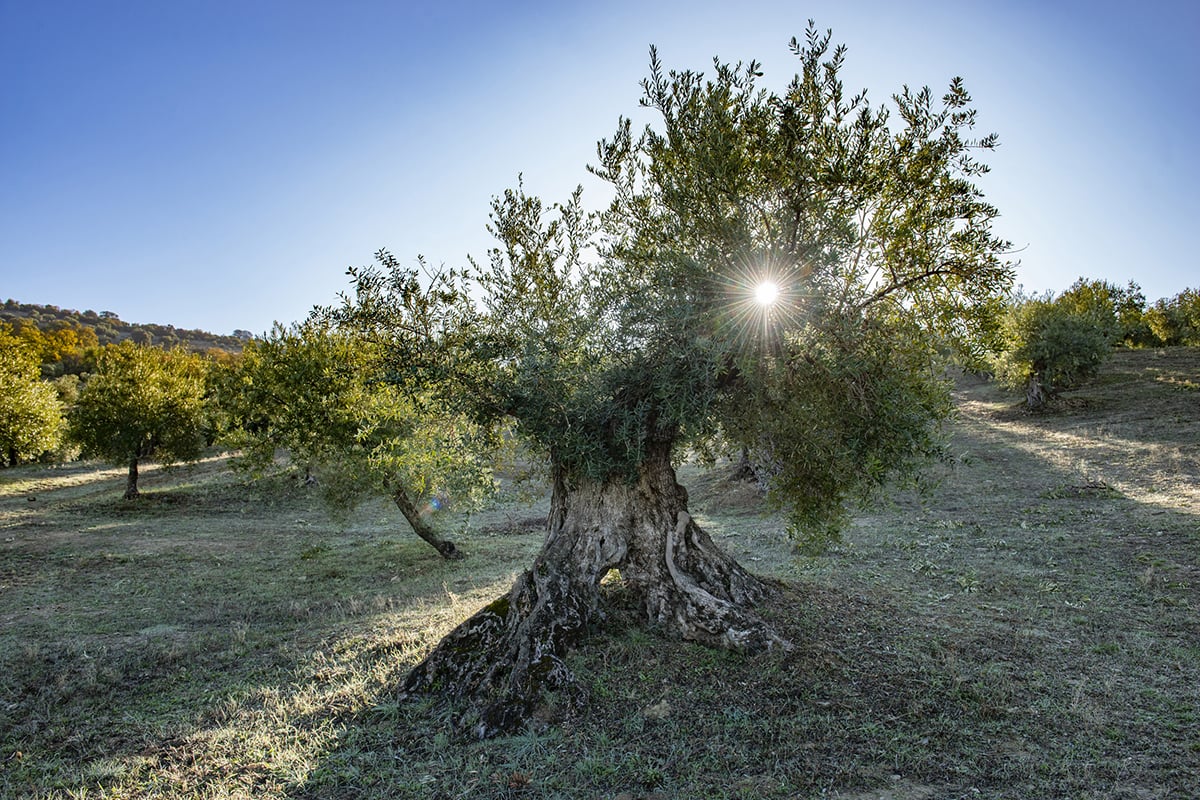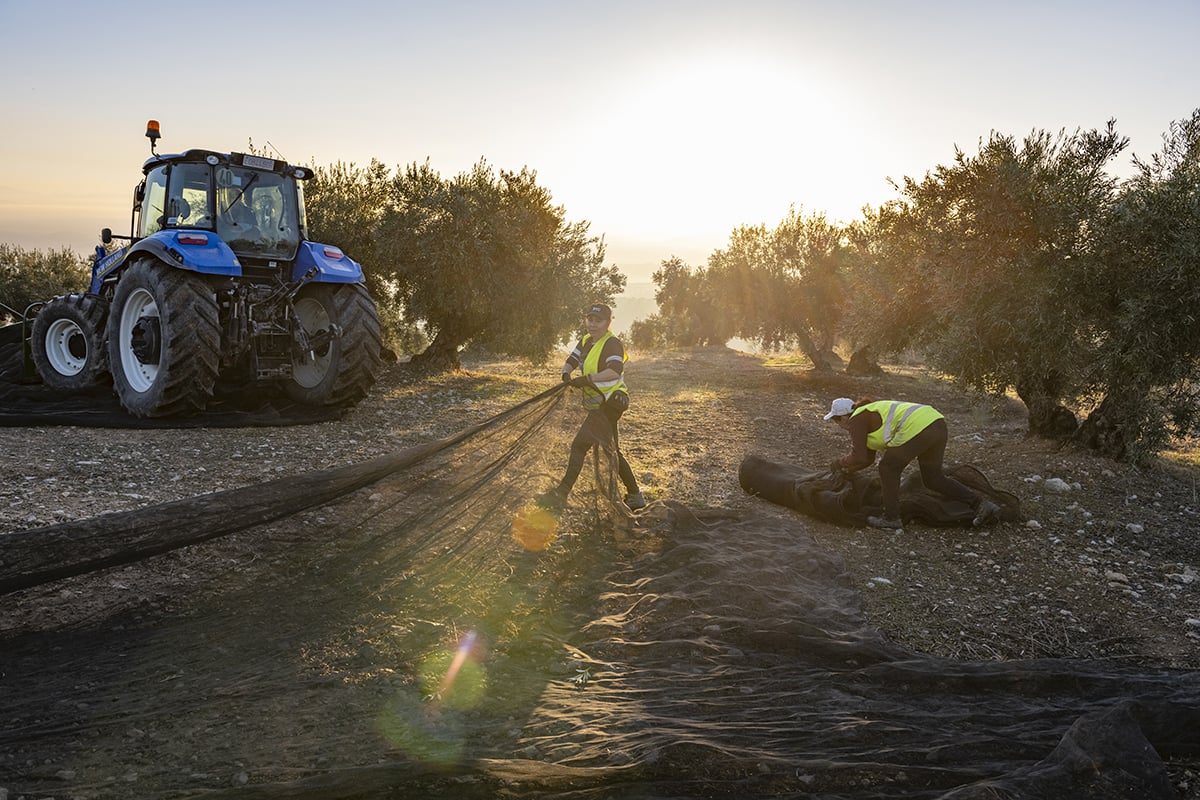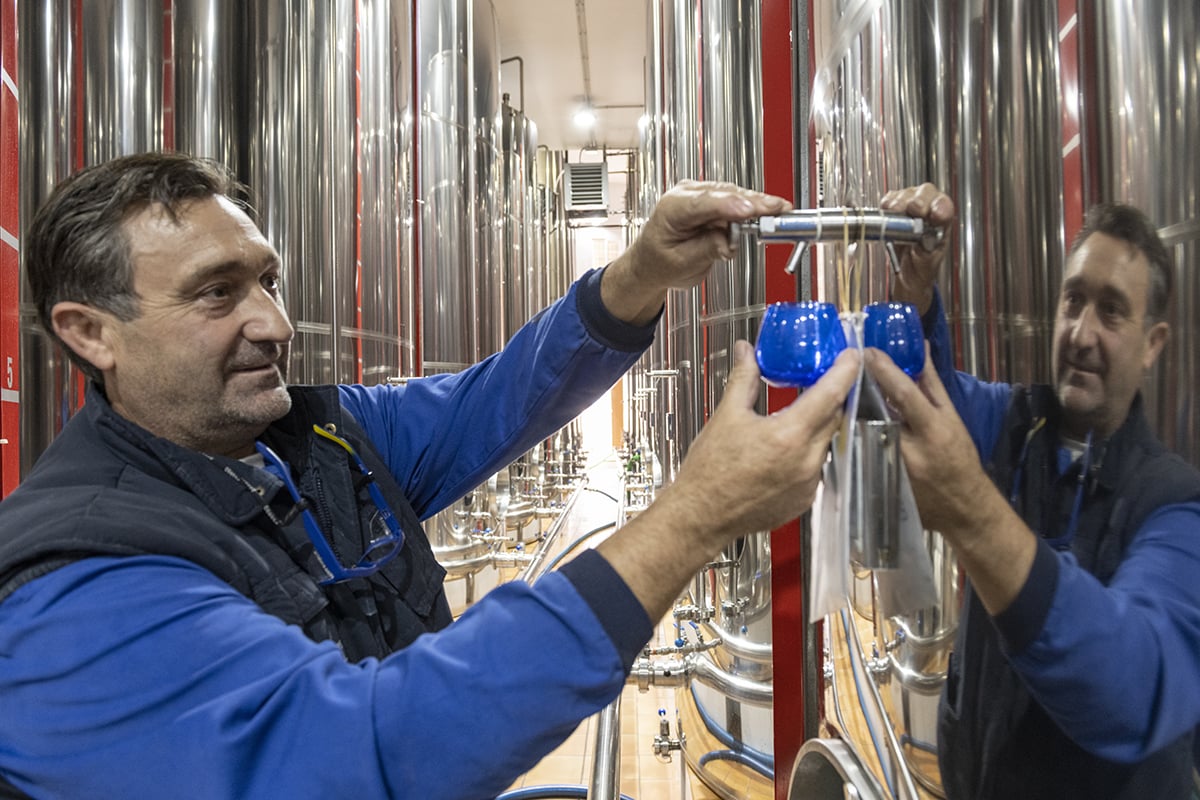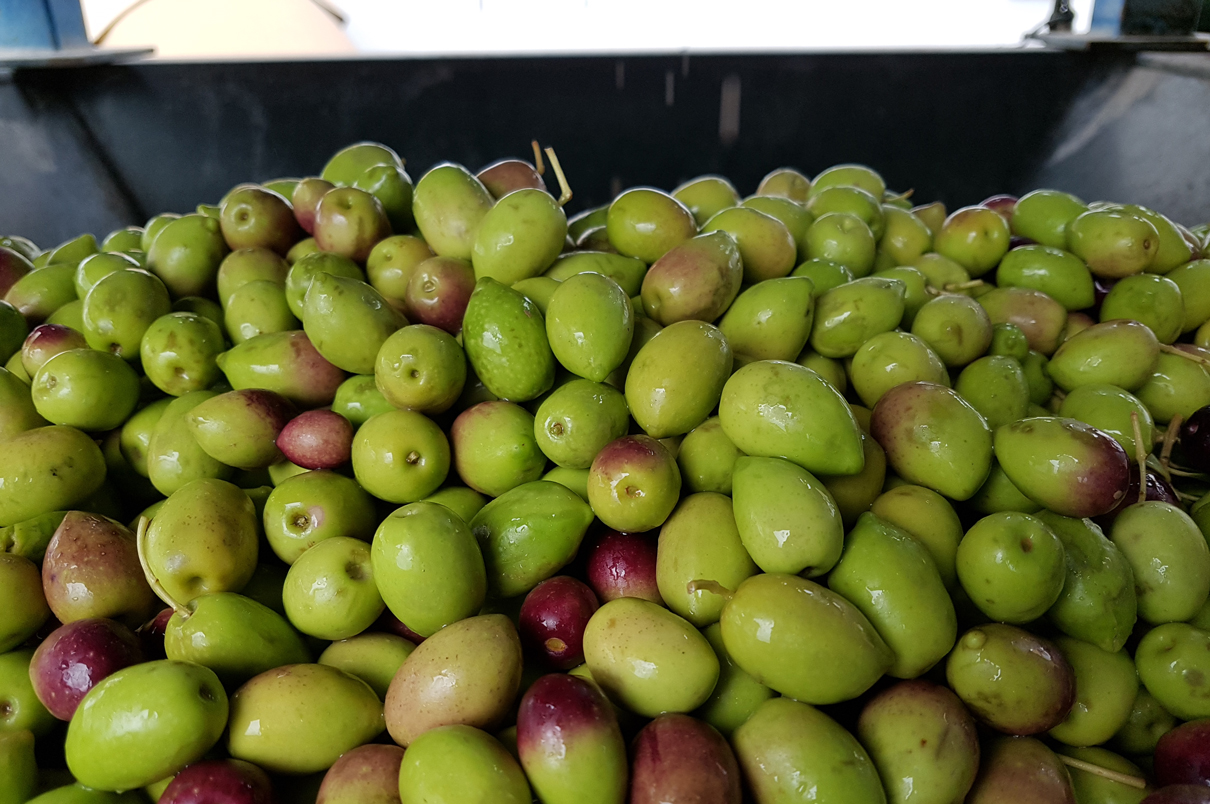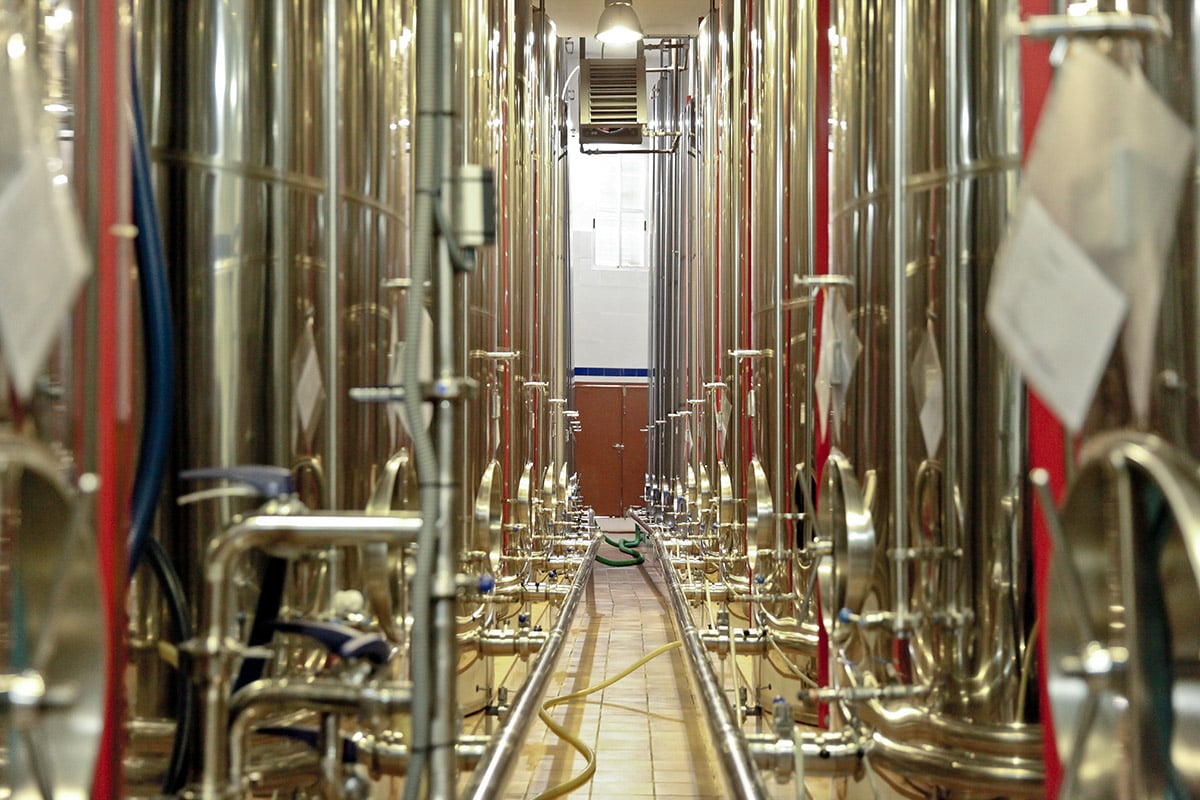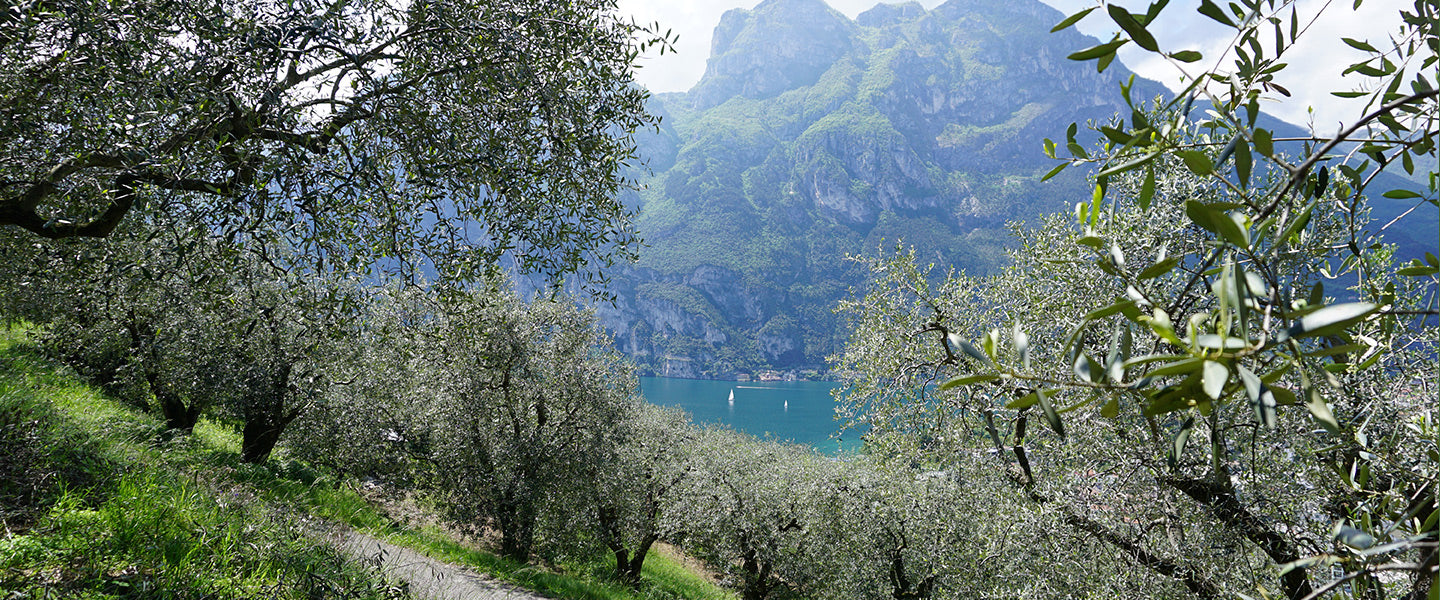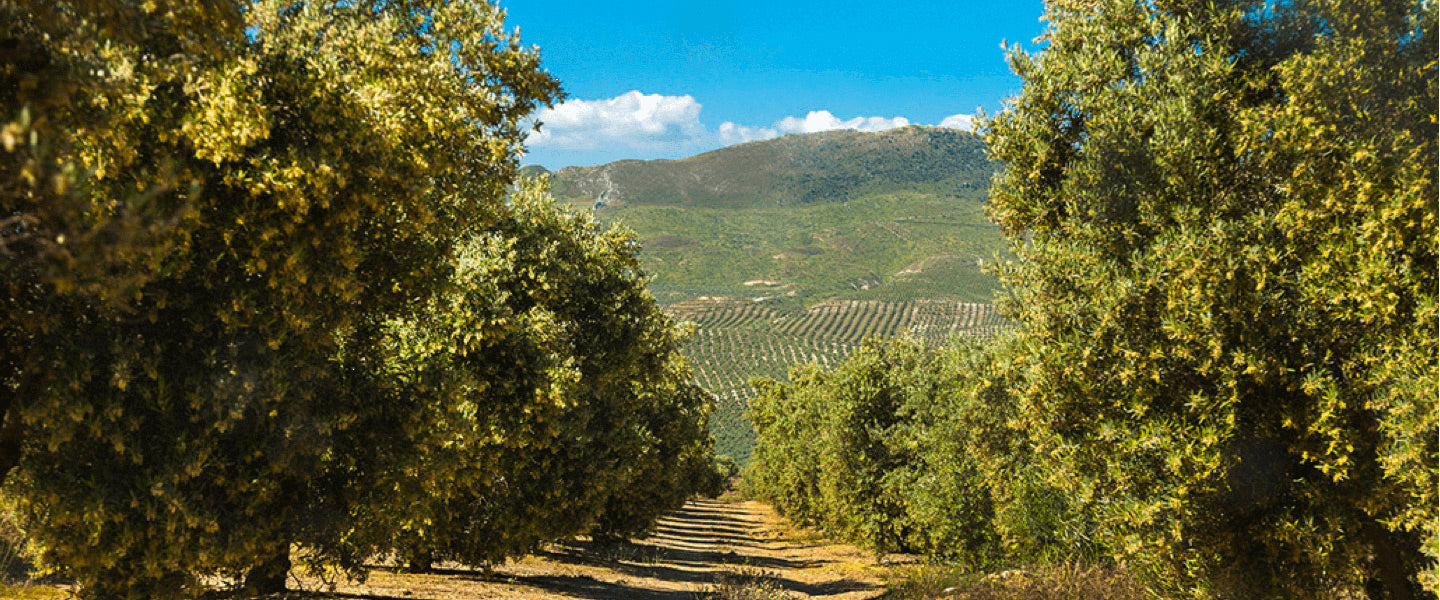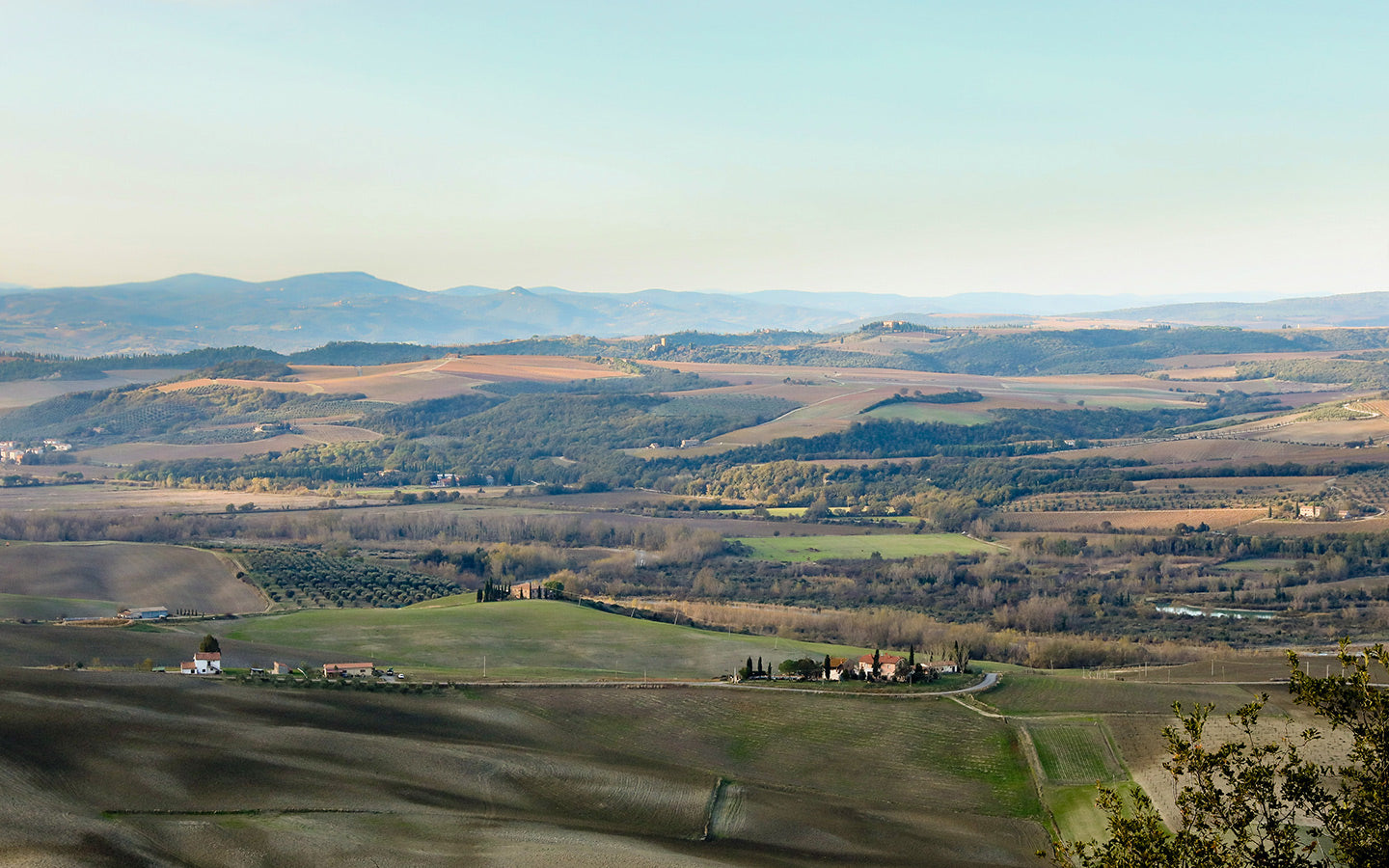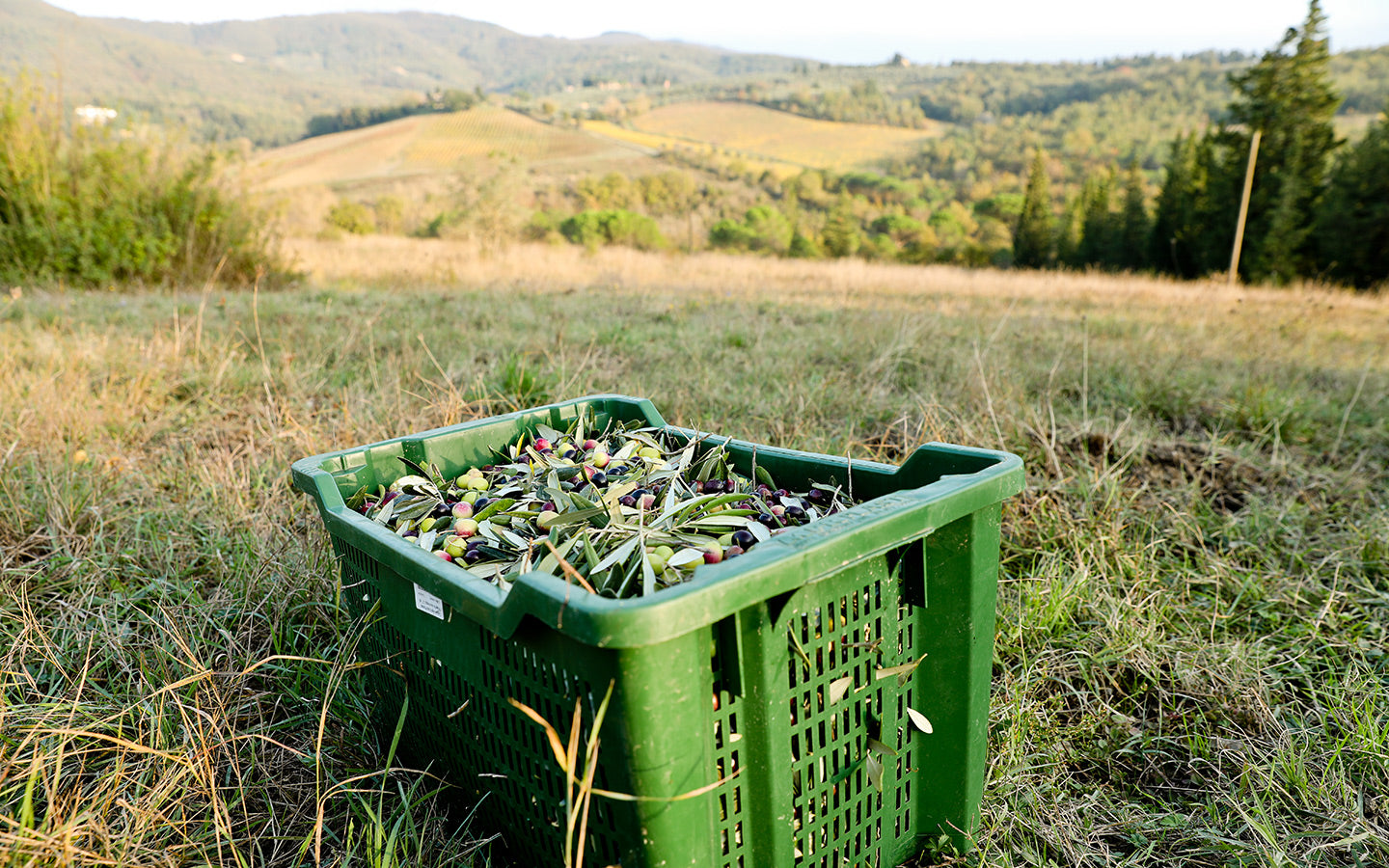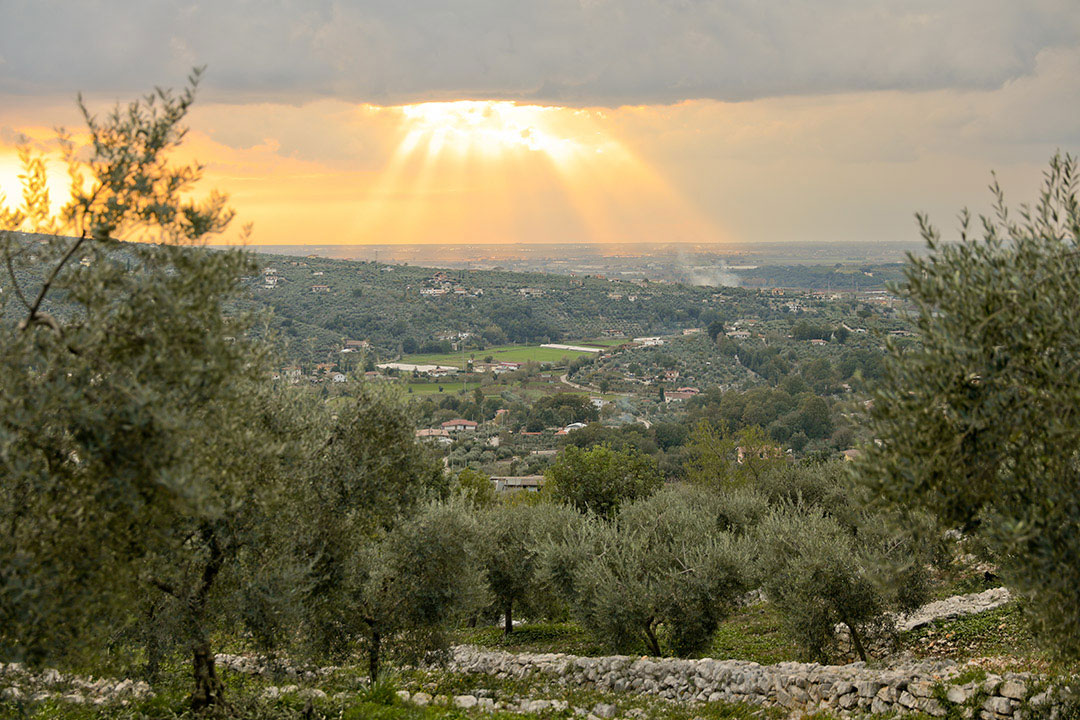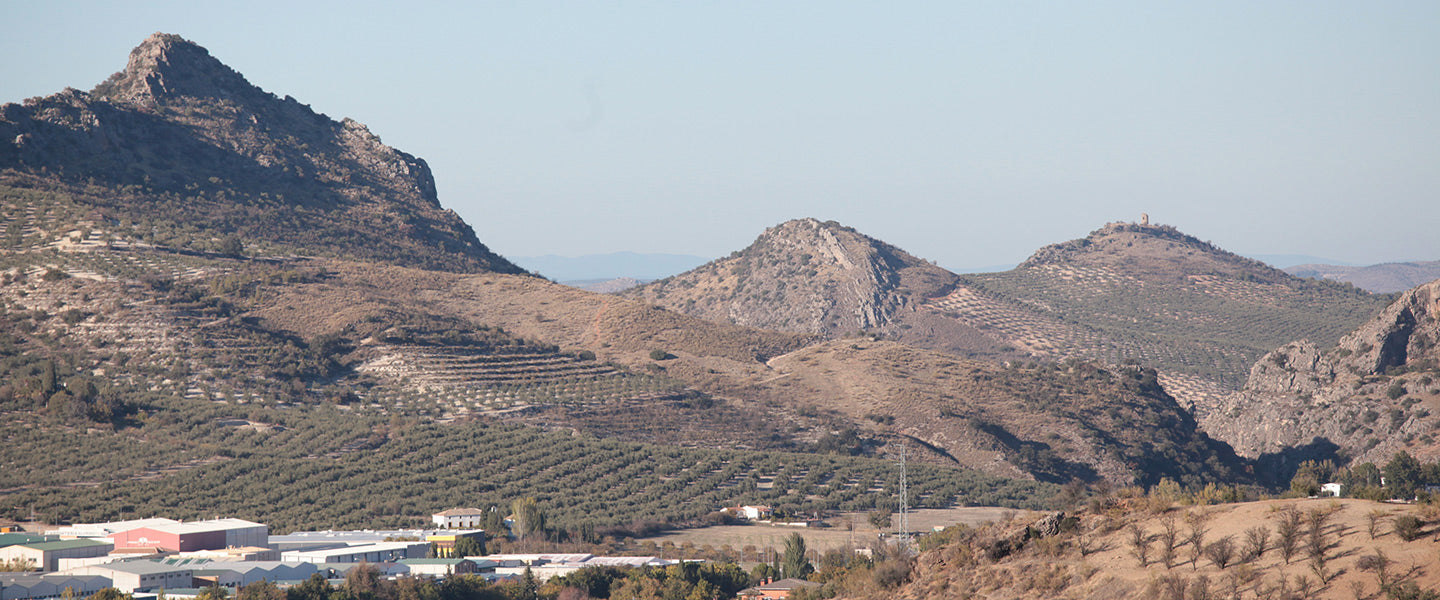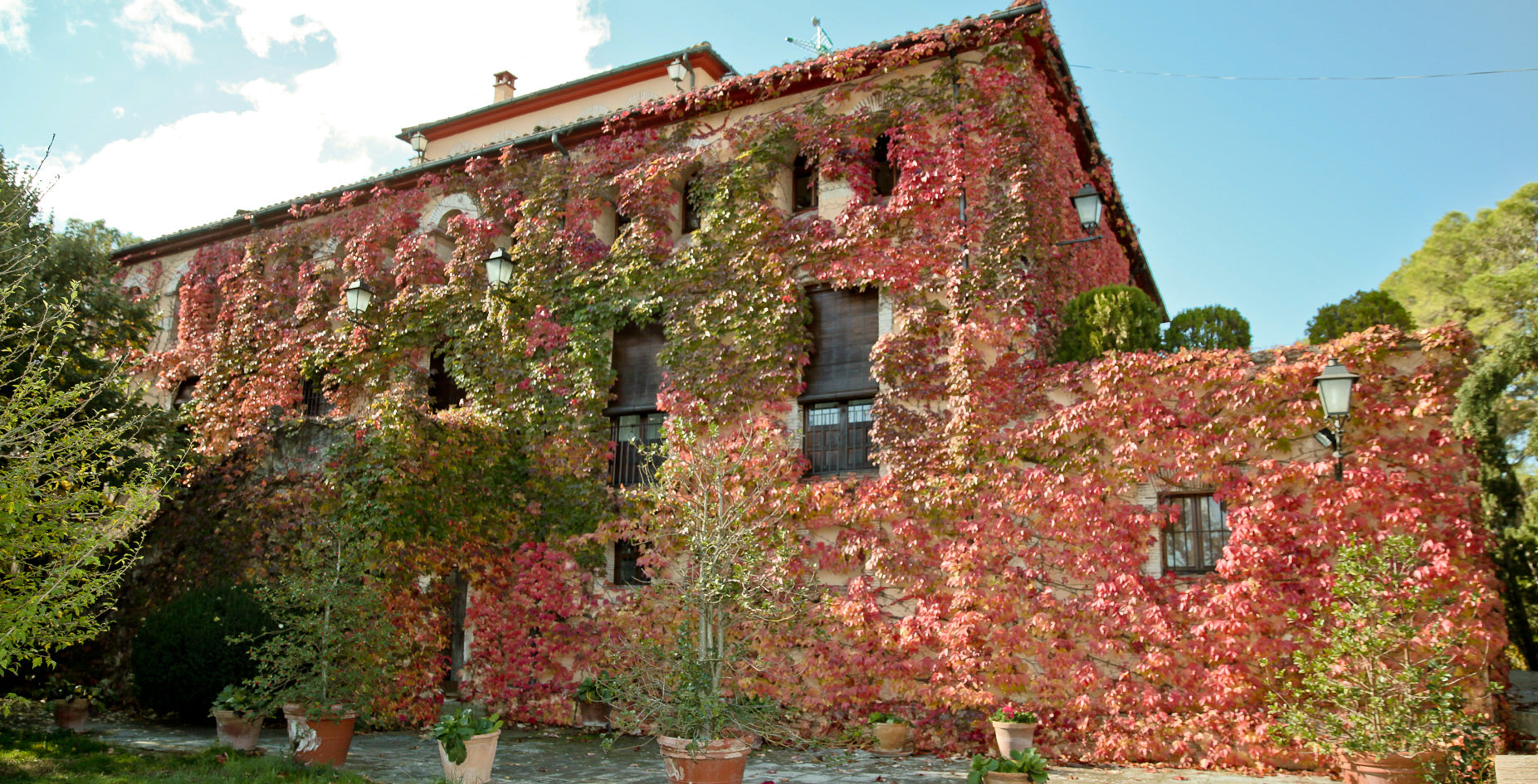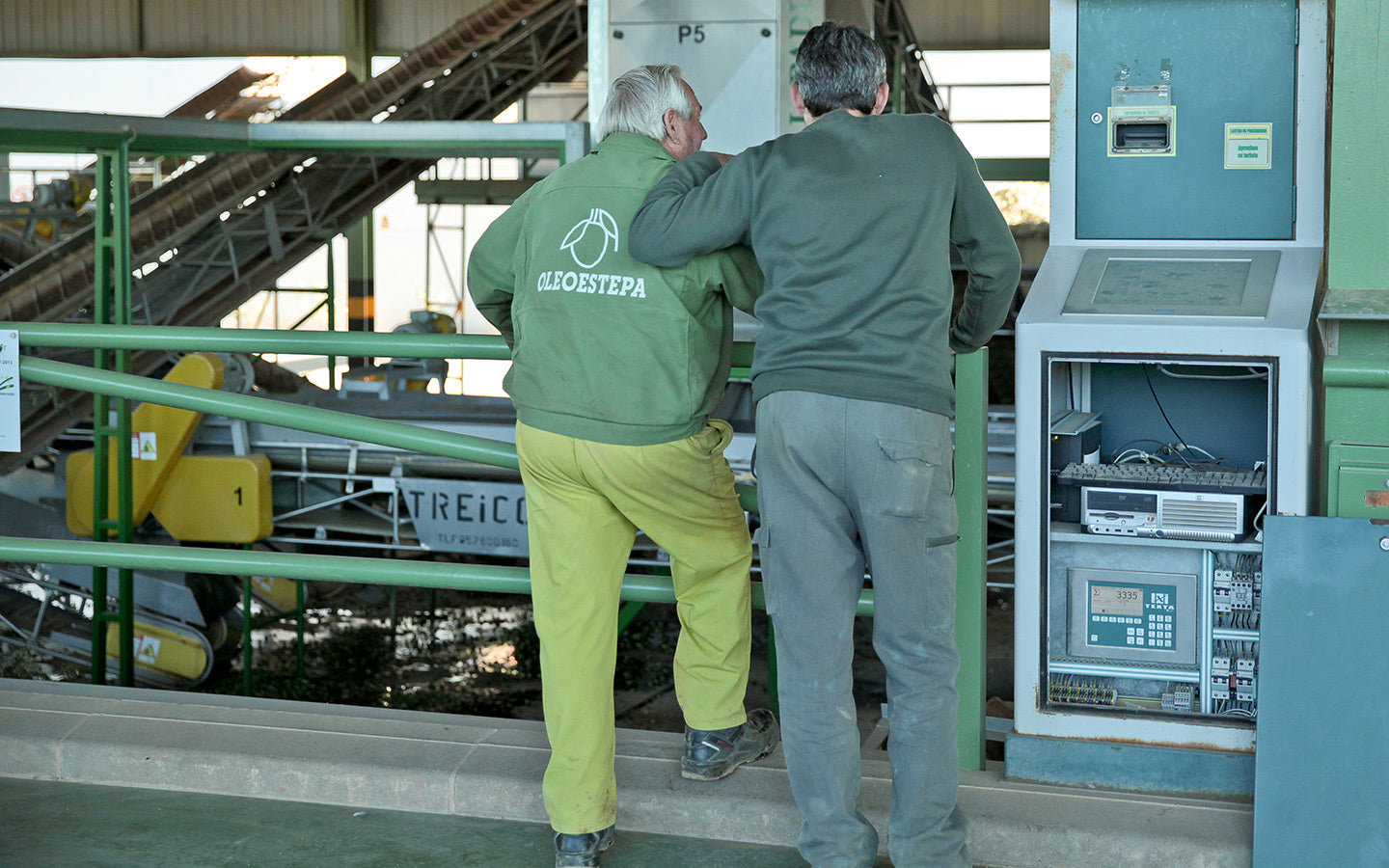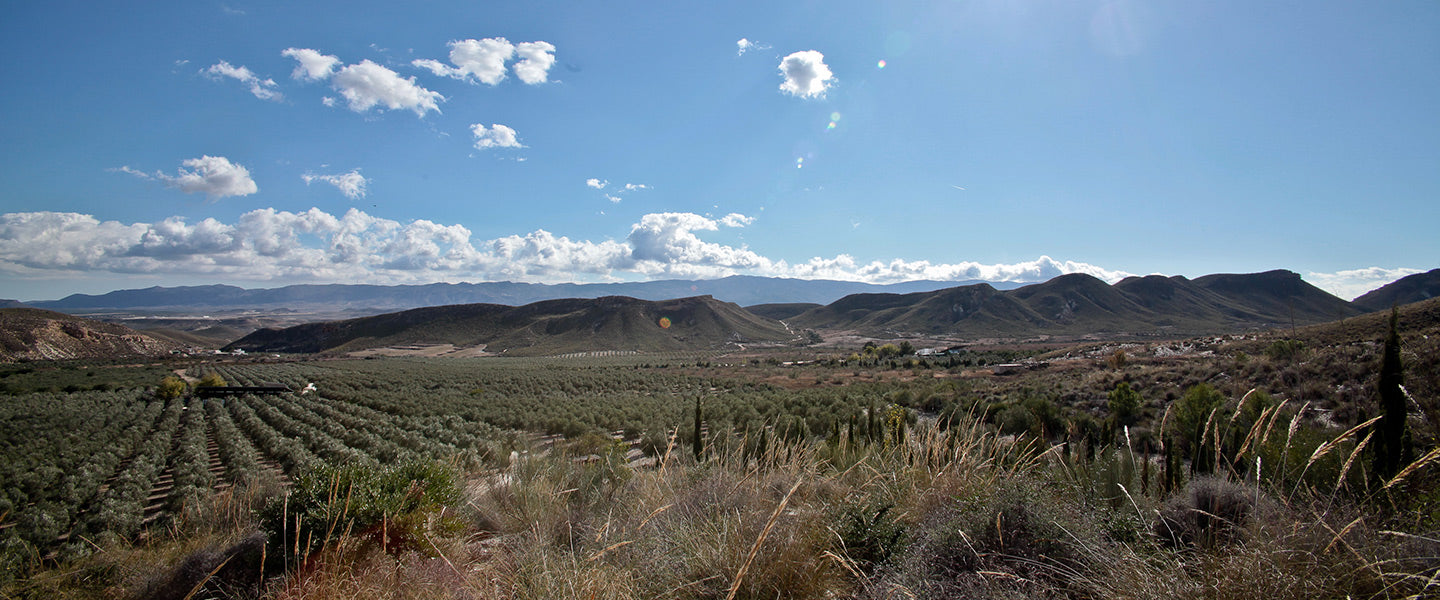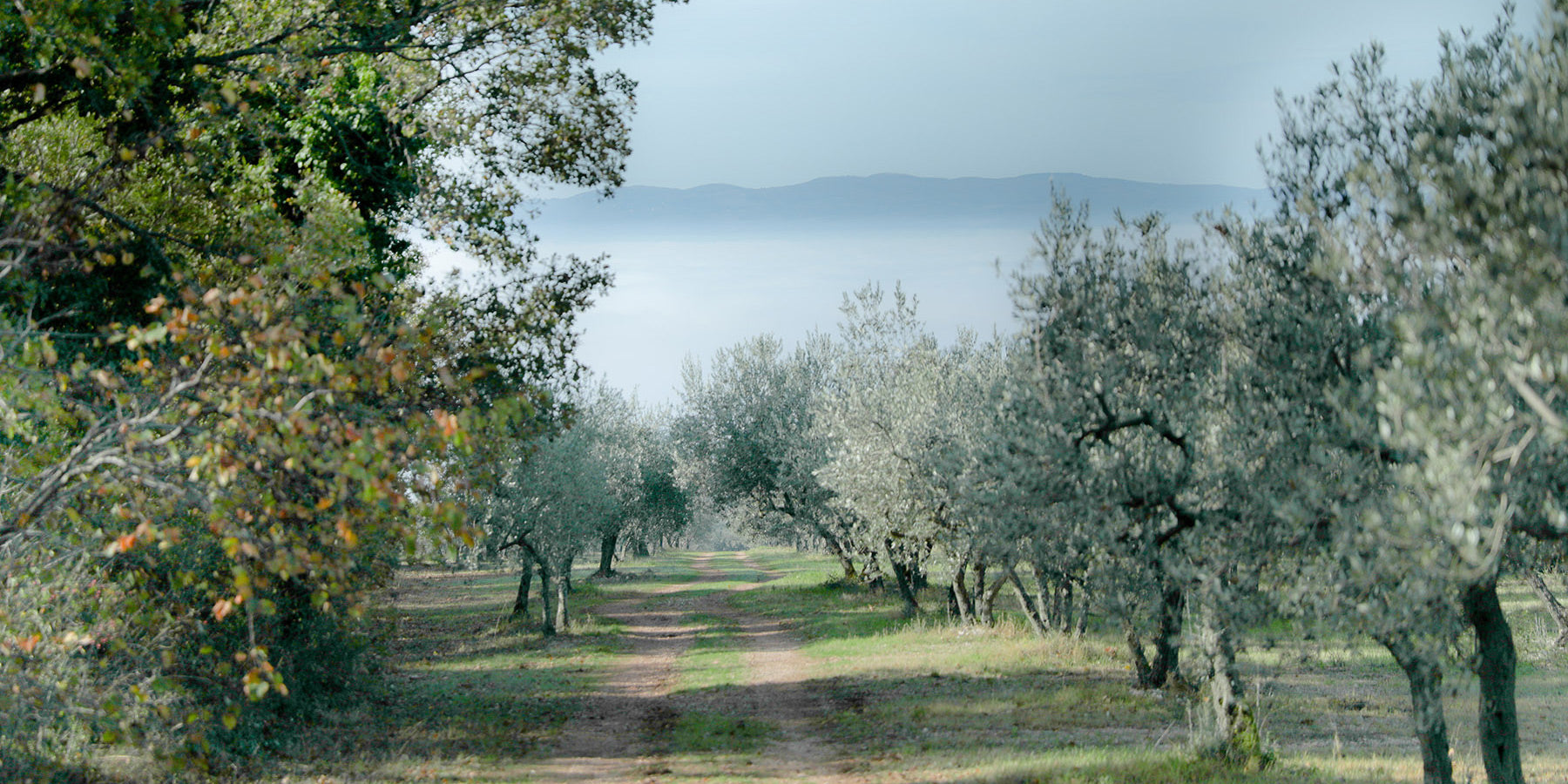Sucesores de Hermanos López
Posted by Olive Oil Lovers on
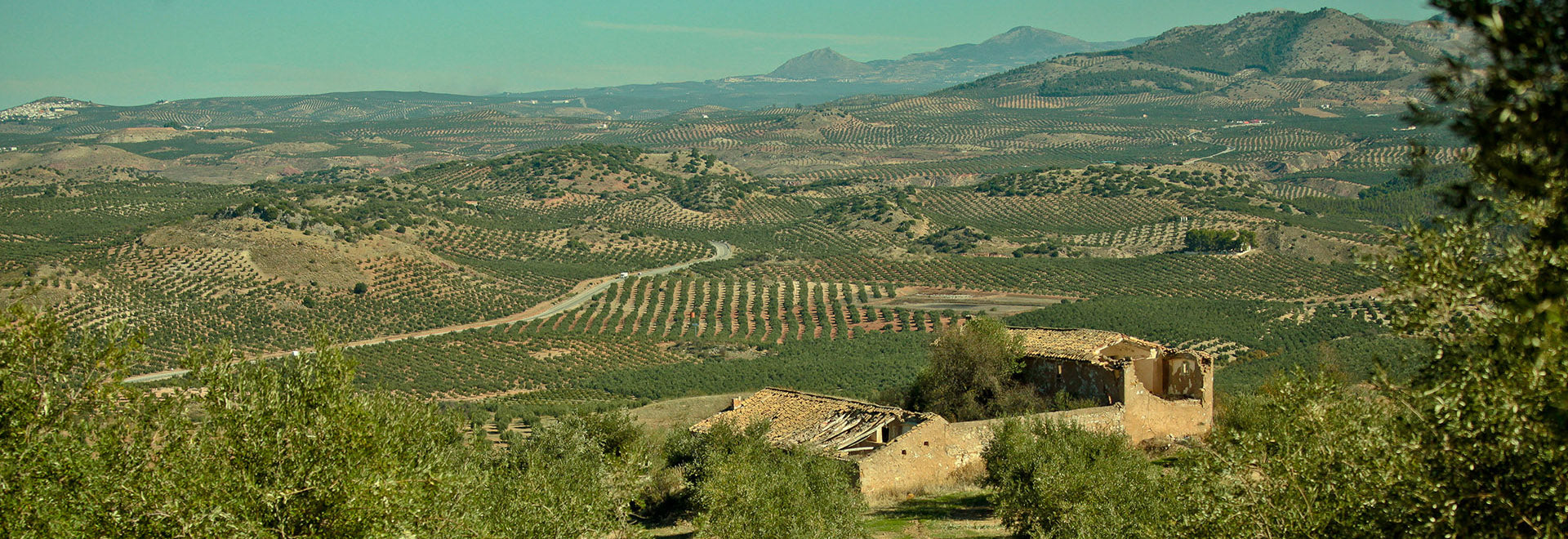
The López family's olive production dates to a small family grove in 1845. Today the 6th generation continues the family tradition of producing high quality extra virgin olive oil.
The story of Sucesores de Hermanos López began in 1845 with a small family grove of olive trees on a plot of land about 2 acres in size. Six generations later the successors of the original López family now manage approximately 100,000 olive trees across nearly 3,000 acres of land. Though this transformation did not come easily, the ability to adapt to changing times has been a signature of the Andalusian people throughout their history. To achieve success in the competitive world of olive oil required the López family to work hard in the field and maintain dedication to the land, its history, and the final product.
Sucesores de Hermanos López base their operations in the town of Luque, in the province of Córdoba, Spain. Considered one of the oldest towns in the region, Luque sits in the heart of Andalusia, almost equidistant from the major towns of Córdoba, Granada, Seville, Jaén and Málaga. The area has been a cradle for civilizations new and old, evidenced by the town of Luque's preservation of megalithic structures dating back over 4,000 years. Signs of olive cultivation here date to Roman times; workers in the groves today still unearth Roman coins when turning the soil. The Route of the Caliphate also runs through Luque, a long and winding reminder of the region's Moorish history.

From its seat on the hill overlooking the town, the Castillo de Luque, known locally as "El Venceaire," reflects the twists of this complex history: built by Nasrid Moors in the 10th century atop the remains of a Roman fortification, most of the castle seen today actually dates to the 13th century after Fernando III reclaimed the land from Arab rule. The unique geography of the Subbetica of Córdoba has made the area of cultural, natural, and historic interest for centuries, so it is no coincidence that this ancient castle maintains watch over the natural gate to the Subbetic Sierras.
The local monuments coupled with the natural landscape provide ample appeal for visitors to the area. Outdoor enthusiasts flock here to visit the Parque Natural de las Sierras Subbéticas for its forests and nature trails. With its narrow winding streets and pueblos blancos, the village of Luque itself serves as a fine example of the picturesque 'white villages' found throughout Andalusia. Besides high quality olive oil, Luque also produces fine artisanal goat cheese. Every two years the town hosts an olive oil fair to celebrate both the area's products and the local millers, artisans, chefs, and cosmeticians. The 120 mile Via Verde also runs through the town, a popular route for bikers and hikers to enjoy the rugged landscape. This trail offers another clue to region's history, as it was built on old train route used in the 19th century to transport olive oil for both export and national consumption.

The birth of the López family business coincided with this peak era of industrialization. The two generations that followed were primarily farmers who worked the fields, however they established practices that would lead to the building of the family's first mill in 1918. A century later, this building still houses the family business. Situated near the center of the small town of Luque, the mill produces the family's oil only from locally harvested olives. The beautiful local olives here reflect the terroir of this very rural area with its unblemished soil and exceptionally clean air. Over the last decades the old olive mill has been fully modernized, demonstrating the company's commitment to minimizing environmental impact while producing the highest quality products.
“Our award winning Extra Virgin Olive Oil is deeply rooted in the respect for our natural heritage and our future generations.”
In an era marked by scorching summers and diminishing water resources, the importance of sustainable practices in agriculture cannot be overstated. For the Lopez family of Sucesores Hermanos López, producers of extra virgin olive oil nestled amidst the breathtaking landscapes of the Subbetica Mountains in the Mediterranean, this significance goes beyond a mere responsibility—it's a calling to safeguard the environment, preserve native olive varieties, bolster the local economy, and adopt best practices for the benefit of future generations.
"Our biggest inspiration is the olive tree: It has been around for thousands of years and continues to be productive."
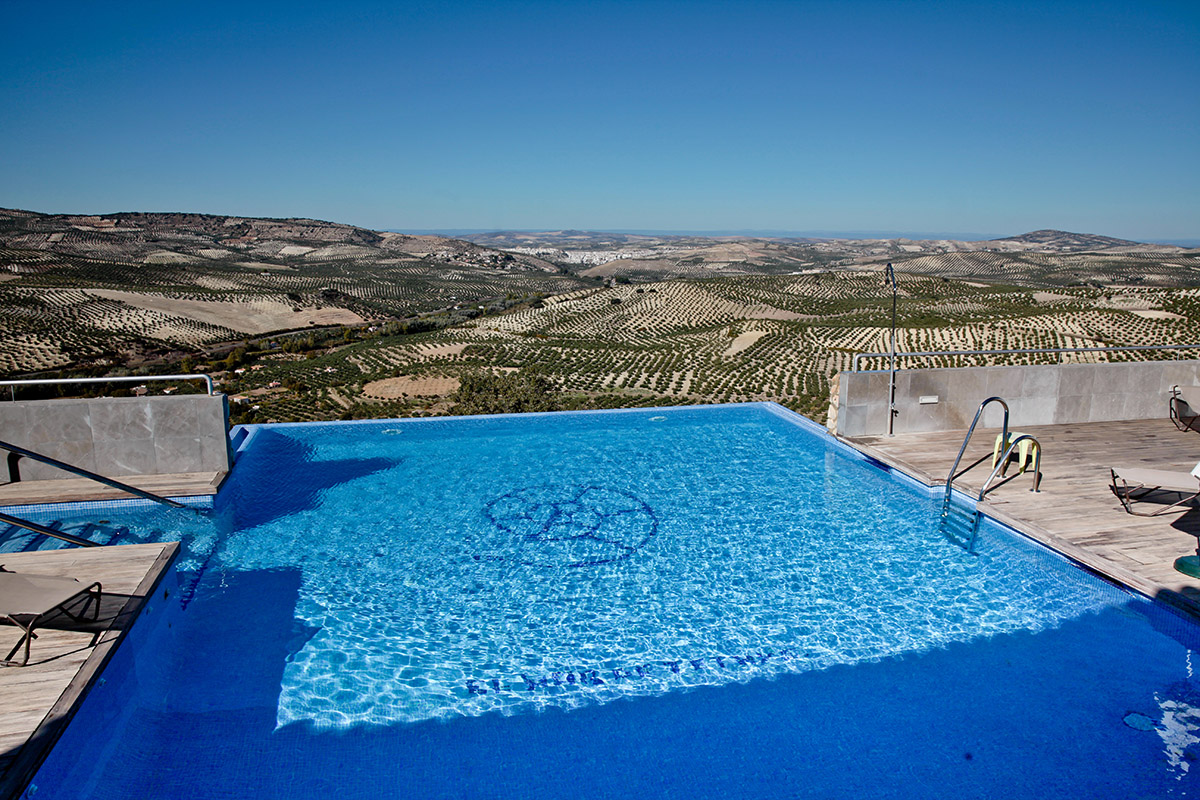
The Estate
The producers at Sucesores de Hermanos López state that one of their biggest challenges in the olive oil business is, "helping the consumer understand the difference of quality and the subtleties between different oils." To this end, while they do not have a curated agrotourism program, they still encourage those visiting the area to make at a stop at their mill. The town of Luque operates its own Centro de Interpretation Aceite de Luque, an information center that details how the best olive oil is made. The information center is located by the Via Verde station and welcomes guests from 9 am until 9 pm.
The López family also owns and operates a set of rural apartments called Los Castillarejos, perfect for those who want to enjoy the area, its oil and local foods, and the natural setting of the Subbetica Mountains. This large private estate set on over 30 acres was built on the grounds of an old Andalusian farmhouse using local materials, such as limestone and Subbetic stone, and designed with a firm commitment to both modernity and functionality. The hotel heated sustainably using their own olive pits as biomass fuel! Los Castillarejos takes its name from an ancient fortified Iberian structure, the archaeological remains of which rest just a few meters from the resort.
Rural Apartments